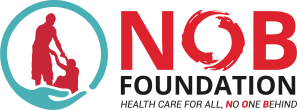FOODS TO AVOID WHEN PREGNANT
NOB FOUNDATION
For a healthy pregnancy, the mother’s diet needs to be balanced and nutritious – this involves the right balance of proteins, carbohydrates and fats, as well as vitamins and minerals. This would involve consuming a wide variety of plant sources such as vegetables and fruits.
Some women’s diet may be impacted by ethical beliefs, religious requirements or health conditions, so checking with a doctor is an important part of planning a pregnancy diet.
Remember during pregnancy, everything that goes into your mouth gets shared with your growing baby. Even though some food types and even some forms of food poisoning may not hurt you, they may have adverse effects on the little one.
Certain foods should only be consumed rarely, while others should be avoided completely. Here are some foods and beverages to avoid or minimize while pregnant.
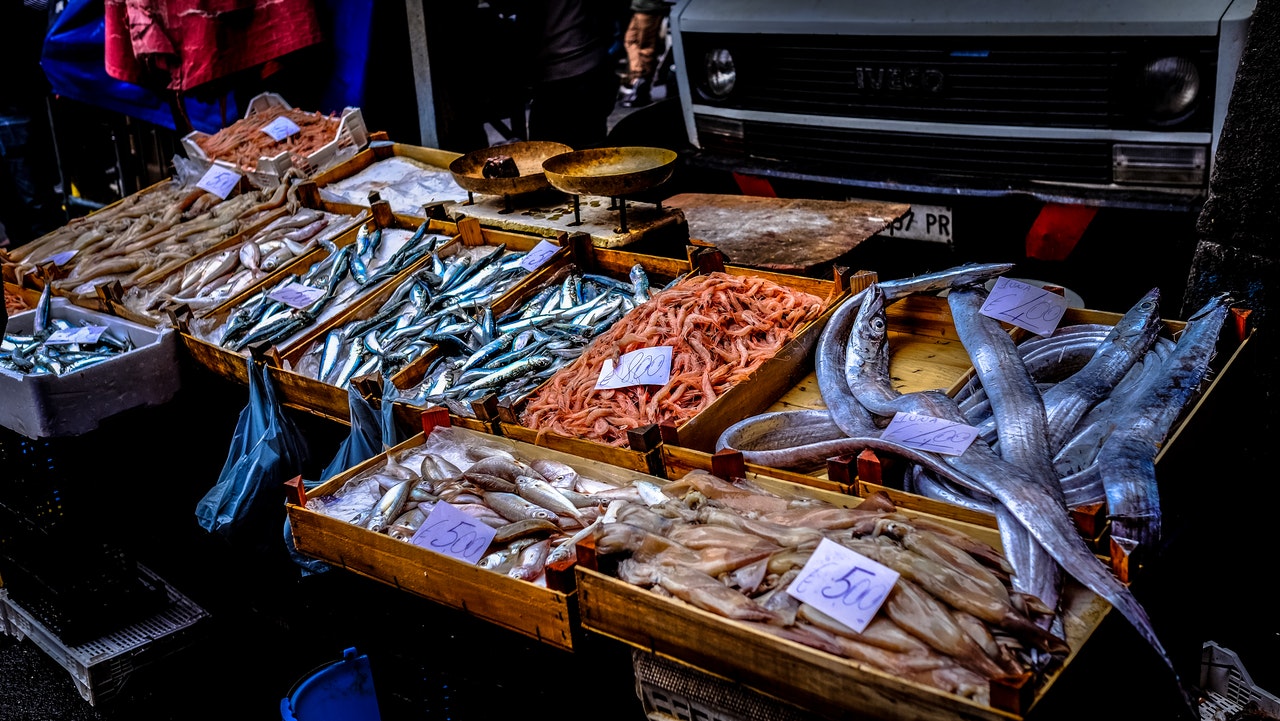
Seafood high in mercury.
Seafood can be a great source of protein, and the omega-3 fatty acids in many fish can promote your baby’s brain and eye development. However, some fish and shellfish contain potentially dangerous levels of mercury. Excess mercury could harm the baby’s developing nervous system.
The bigger and older the fish, the more mercury it is likely to contain. During pregnancy, the Food and Drug Administration (FDA) recommends you avoid the following seafoods:
Ø Bigeye tuna
Ø King mackerel
Ø Marlin
Ø Swordfish
Ø Shark
Ø Tilefish
Ø Orange roughy
What then is safe on the menu? Some types of seafood contain less mercury. The Dietary Guidelines for Americans (2015-2020) recommends 8-12 ounces (224 to 33 grams) – two or three servings – of seafood a week during pregnancy.
Consider seafoods such as:
Ø Anchovies
Ø Catfish
Ø Cod
Ø Tilapia
Ø Herring
Ø Light canned tuna
Ø Pacific oysters
Ø Pollock
Ø Salmon
Ø Sardines
Ø Shrimp
Ø Shad
Ø Trout
However, it is required to limit white (albacore) tuna to 6 ounces (168 grams) a week.
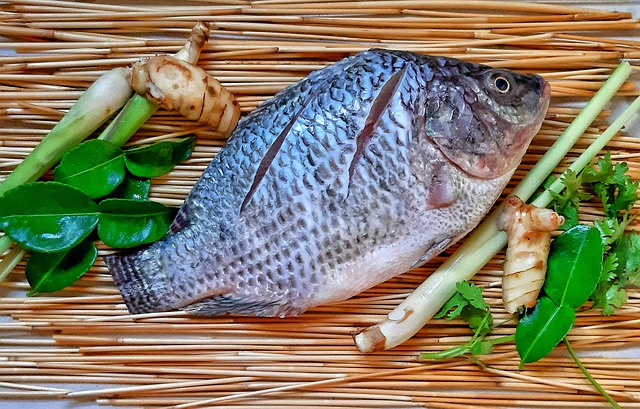
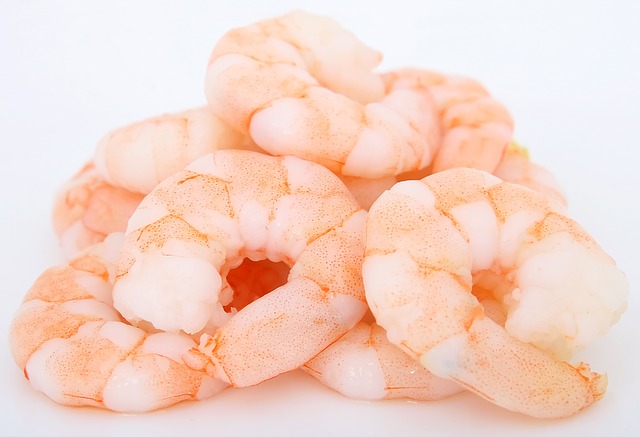
Consider seafoods such as Tilapia, Salmon, Catfish , Shrimps.
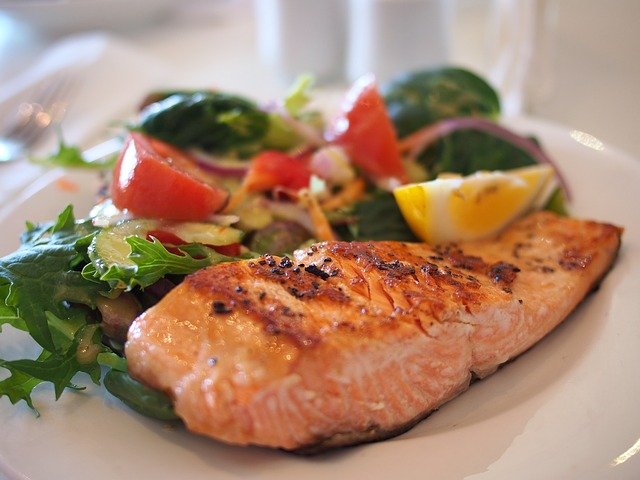
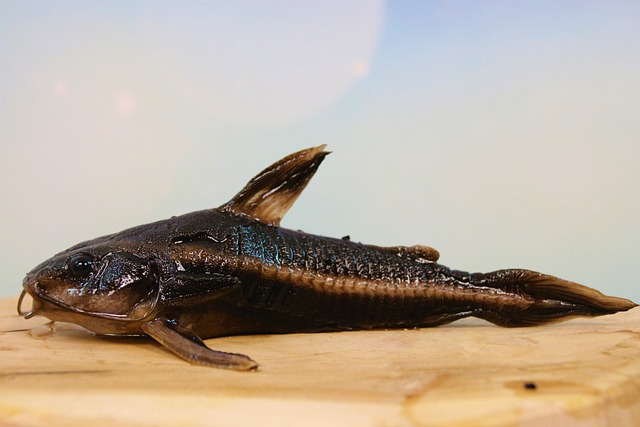
Undercooked, contaminated or raw seafood
A great fan of sushi? Unfortunately, you would have to restrict your cravings when pregnant. Raw fish, especially shellfish, can cause several intestinal infections. These can be viral, bacterial or parasitic infections, such as norovirus, Vibrio, Salmonella and Listeria.
These infections can sometimes affect only you or may be passed on to your baby leading to serious, or even fatal consequences.
Pregnant women are especially susceptible to listeria infections. In fact, according to the Centers for Disease Control and Prevention (CDC), pregnant women are up to 10 times more likely to get infected by Listeria than the general population.
The bacteria can be found in the soil and contaminated water or plants. Raw fish can become infected during processing, including smoking or drying.
Listeria bacteria can be passed to the baby through the placenta, even if you are not showing any signs of illness. This can lead to premature delivery, miscarriage, stillbirth and other serious health problems, according to the CDC.
Undercooked meat, poultry and eggs
During pregnancy, you are at an increased risk of bacterial food poisoning. Your body’s reaction might be more severe than if you were not pregnant. Rarely, food poisoning affects the baby, too.
To prevent foodborne illness from meat, poultry and eggs, it is best to do the following:
Ø Fully cook all meat and poultry products before eating.
Ø Cook hot dogs and luncheon meats until they are steaming hot – or avoid them completely. They can be sources of potentially rare foodborne infections.
Ø Avoid refrigerated pates and meat spreads. However canned and shelf-stable versions are allowed.
Ø Cook eggs until the egg yolks and whites are firm. Raw eggs can be contaminated with harmful bacteria such as Escherichia coli, Salmonella and Listeria. Avoid foods made with raw or partially cooked eggs, such as eggnog, raw batter and freshly made or homemade hollandaise sauce and Caesar salad dressing.
Avoid alcohol and excess caffeine
No level of alcohol has been proven safe during pregnancy. The safest bet is to avoid alcohol entirely. Consider the risks. Drinking alcohol during pregnancy leads to a higher risk of miscarriage and stillbirth. Drinking alcohol may also result in fetal alcohol syndrome, which can cause facial deformities and intellectual disability.
Although caffeine crosses the placenta, the effects in the baby are not clear. To be on the safe side, health practitioners recommend limiting the amount of caffeine in your diet to less than 200 milligrams (mg) a day during pregnancy.
In summary, when you are pregnant, it is essential to avoid foods and beverages that may put you and your baby at risk. Although most foods and beverages are perfectly safe to enjoy, some, like raw fish, alcohol and high mercury fish should be avoided.
REFERENCES
1. https://www.healthline.com/nutrition/11-foods-to-avoid-during-pregnancy#2.-Undercooked-or-raw-fish
2. https://www.medicalnewstoday.com/articles/246404#foods-to-avoid
3. https://www.webmd.com/baby/foods-avoid-pregnancy
4. https://www.mayoclinic.org/healthy-lifestyle/pregnancy-week-by-week/in-depth/pregnancy-nutrition/art-20043844
